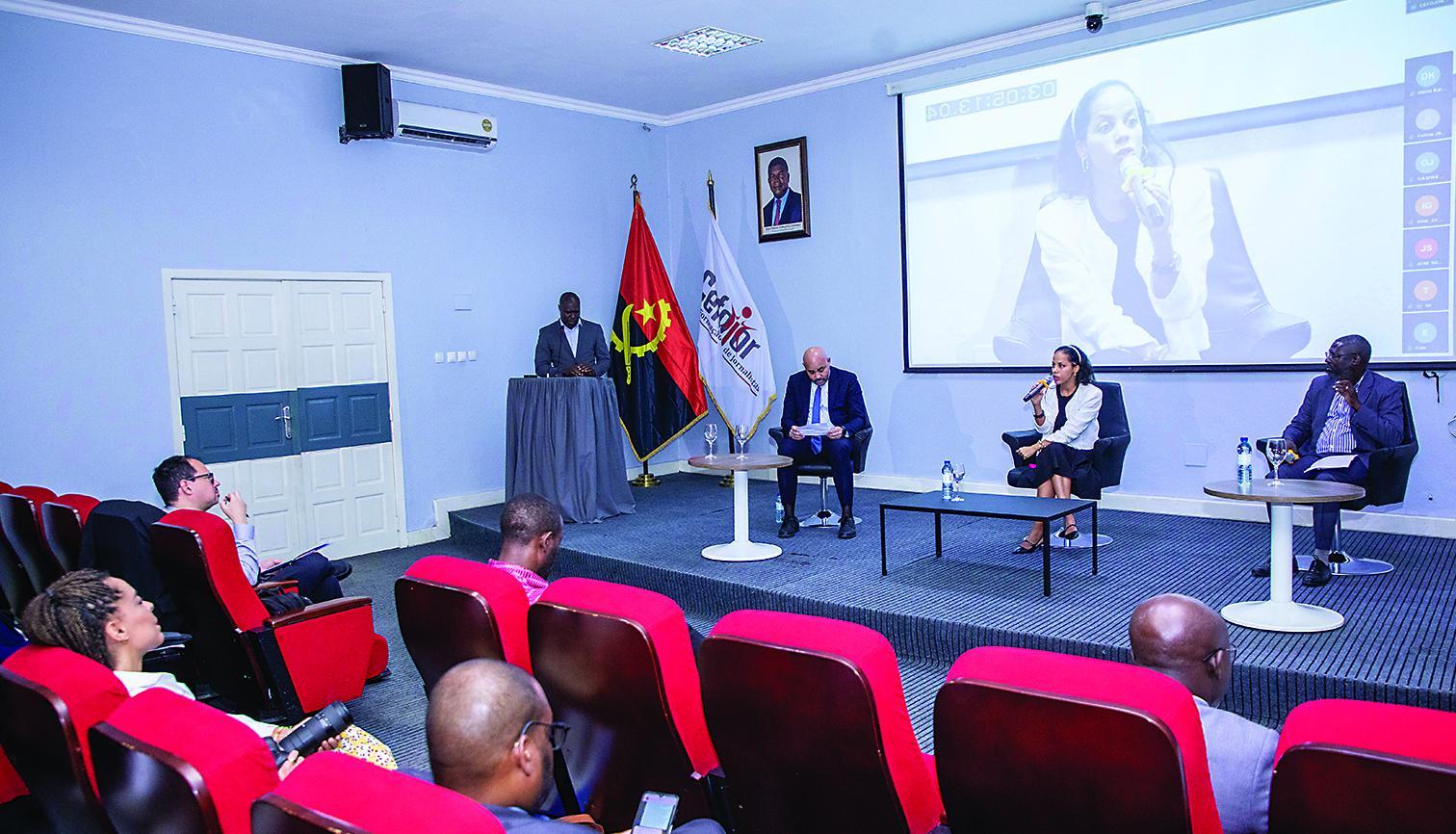Africa-Press – Angola. Angola is committed to the United Nations’ global principles for information integrity, the UN’s representative for Communications in Angola acknowledged on Tuesday.
Maurizio Giuliano was speaking during a conference organized by the Ministry of Telecommunications, Information Technologies and Social Communication (MINTICS) on the United Nations Global Principles for Information Integrity, held at the Journalists Training Center (Cefojor).
Angola, he stressed, is one of the first countries to commit to the global principles, which are the result of several consultations that took place in several countries. He clarified that disinformation is one of the biggest problems and has always existed in any ecosystem where people use information to harm others, including creating situations that can cause deaths. According to Maurizio Giuliano, this is why the UN launched the five global principles for information integrity in June of this year.
Giuliano highlighted that the five principles are made up of Trust and Social Resilience, Healthy Incentives, Public Empowerment, Independent, Free and Pluralistic Media, as well as Transparency and Research.
During the conference, two panels were presented, namely on the “Global Principles of Information Integrity on Digital Platforms” and the “Reflection on Information Integrity”.
At the opening of the conference, the national director of information at MINTTICS, João Demba, highlighted that the issue of information integrity has generated major debates around the world and in various sectors of activity.
João Demba said that there is a set of elements that make the integrity of information work, but everything depends on the media, which must deal with matters of general interest.
He considered that the conference was of interest to everyone, which is why, he said, the Executive is committed to developing actions and mechanisms to work with partners, so that the content produced effectively contributes to the development objectives of the States.
As a sign of these changes, he recalled that the Executive’s Communication Plan for the period 2023-2027 was recently approved in the country, which brings a set of actions that affect the entire communication ecosystem, in order to facilitate access for all citizens. The Executive, he said, also allowed high school students with three years of study to have access to the practice of the profession.
João Demba reported that, in terms of telecommunications infrastructure, Angosat 2 is operational, allowing people who have never had access to be connected through voice, Internet, radio and television communication.
The national director of Information acknowledges that the challenges are many and place responsibilities on each person, with some actions going beyond the ministry itself.
The head of UNDP Governance in Angola, Ikena Carreira, who was part of the panel, considered that one of the principles of communication is to know who the information will reach, so that the language is more appropriate.
Consequences of “fake news”
The general secretary of the Journalists’ Union, Pedro Miguel, spoke about the implications of “Fake News”, highlighting that the emergence of social networks served to improve the lives of citizens, by facilitating greater proximity between people, without measuring distance, but unfortunately, inappropriate use has become a major concern.
Pedro Miguel highlighted that “Fake News” has become popular all over the world to designate information that does not correspond to the truth.
The administrator for the Content area of TPA, Neto Júnior, considered that in order to adopt an alignment, respect conventional standards and the Executive’s commitment, it must be ensured that the information channels are linked to a set of principles
.
Among the five UN principles, Neto Júnior highlighted Trust and Resilience, which he considered fundamental, because in the communication process there must be trust between the source and the receiver, which makes the information more credible.
Social resilience, he stressed, has to do with the veracity of the information itself. “All media outlets provide a public service, whether state or private, but regardless of that, the content must be truthful,” he argued.
Neto Júnior also advocates the inclusion of information for vulnerable groups, because they need to be informed, especially those who do not have access to the Internet and other means that facilitate access.
For More News And Analysis About Angola Follow Africa-Press






